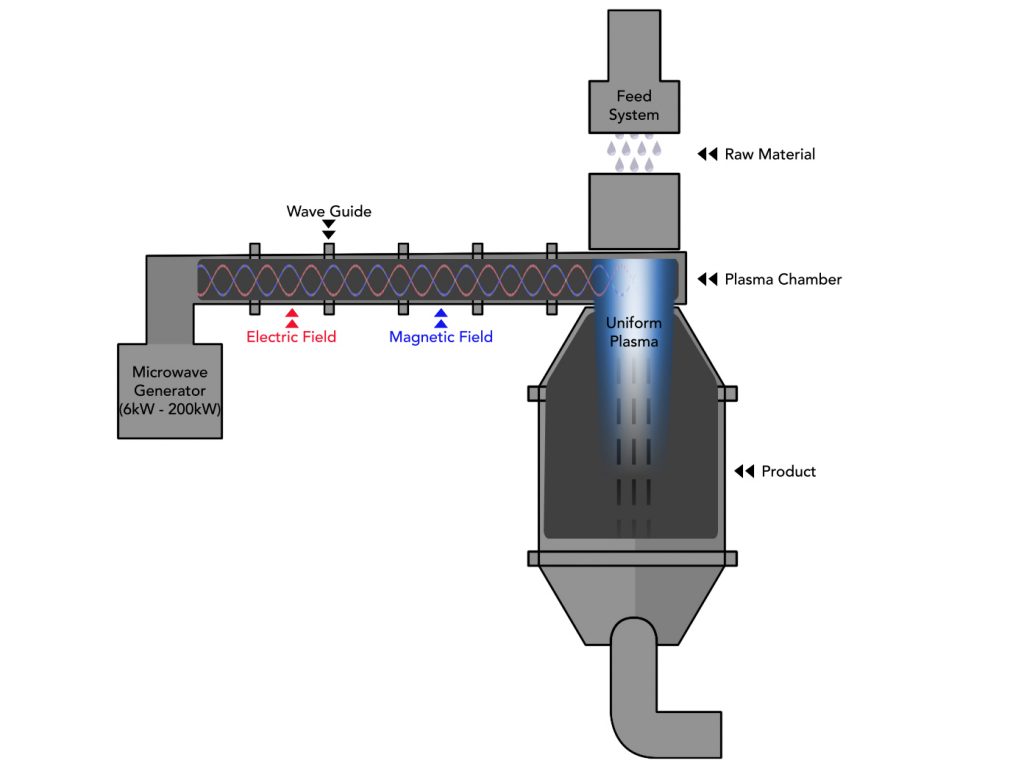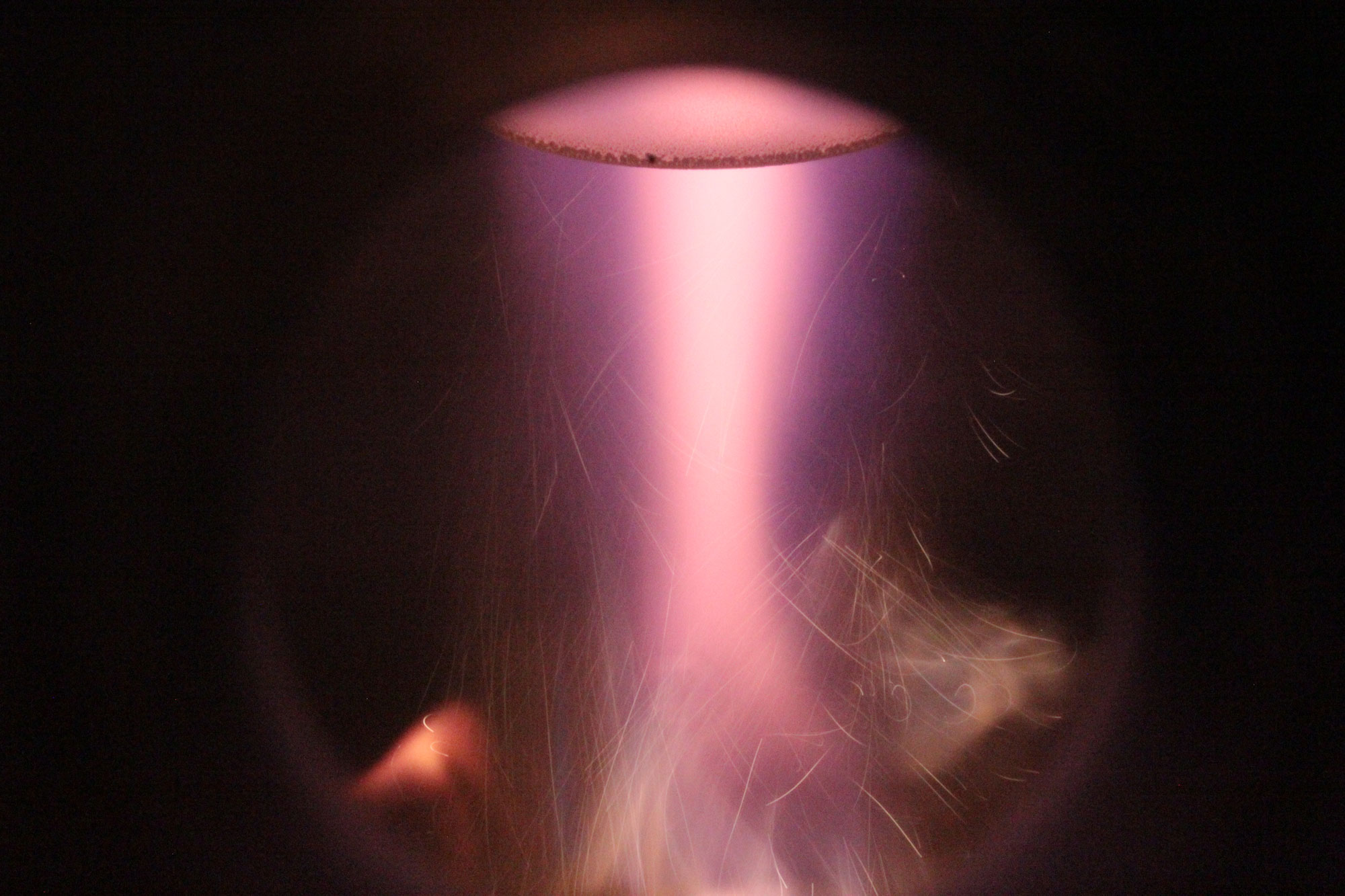Advanced materials specialist 6K has announced that its AM division, 6K Additive, will be commissioning the first two commercial UniMelt microwave plasma systems in its new manufacturing plant in Pennsylvania. The two systems are expected to deliver a total of 200 tons of feedstock powder per year, including engineering-grade materials such as nickel super alloys and titanium alloys.
Frank Roberts, President of 6K Additive, states: “The commissioning of the first commercial UniMelt systems is the culmination of terrific work by experts in manufacturing, process and materials at both 6K Additive and our parent company 6K.”

The UniMelt system
6K’s microwave plasma process is capable of converting chemistry machined millings, turnings, and other recycled feedstock into industry-ready metal AM powders. The UniMelt system features a highly uniform and precise plasma zone with zero contamination. The result is the high throughput production of a vast range of AM materials including Onyx In718, Onyx Ti64, ferrous alloys, cobalt-based alloys, refractory metals, and even high-temperature ceramics.
Roberts adds, “Customers and strategic partners have been eager to sample and use our Onyx powders and we’re ready to deliver. Accompanying the new UniMelt systems, the new facility encompasses automated manufacturing equipment and industry leading safety and health systems that confirm our organization is hitting our production goals while ensuring the utmost in safety for our employees.”

40,000 square feet
The new facility is almost complete and will be an impressive 40,000 square feet when all is said and done. The site it sits on spans 45 acres so there is plenty of potential for expansion should 6K need it. In fact, the facility features additional manufacturing bays which will be used to commission additional UniMelt systems over the coming years. Since becoming a member of MESA’s association for sustainable manufacturing, 6K has intended to certify the new plant as a sustainable manufacturing factory and expects customer sampling to begin around August for its Onyx materials.
Pete Basiliere, Managing Director of research and consulting firm Monadnock Insights, concludes: “Developments like sustainable feedstock combined with quality requirements are being embraced by organizations as they not only move toward green manufacturing but also create more efficient supply chains that use domestically sourced feedstock for powder production. I congratulate 6K Additive on the commissioning of its first commercial facility and look forward to the impact the company will have on furthering sustainability in the AM space.”

Alongside powder production, powder characterization is also crucial for industrial metal AM to progress. Earlier this year, certification company Element upgraded its laboratory in Huntington Beach, California with a dedicated characterization facility for additive manufacturing powders. The new apparatus will enable chemical composition analysis, powder sieve analysis, as well as several measurements for particle size distribution, flow rate, and apparent density.
Elsewhere, in Dublin, researchers have investigated the effects of stainless steel powder reuse on the porosity of 3D printed parts. Interestingly, the 3D printing process resulted in a 10% increase in porosity and a 28% increase in surface roughness.
The nominations for the 2020 3D Printing Industry Awards are now open. Who do you think should make the shortlists for this year’s show? Have your say now.
Subscribe to the 3D Printing Industry newsletter for the latest news in additive manufacturing. You can also stay connected by following us on Twitter and liking us on Facebook.
Looking for a career in additive manufacturing? Visit 3D Printing Jobs for a selection of roles in the industry.
Featured image shows a peek inside the UniMelt system. Photo via 6K.


